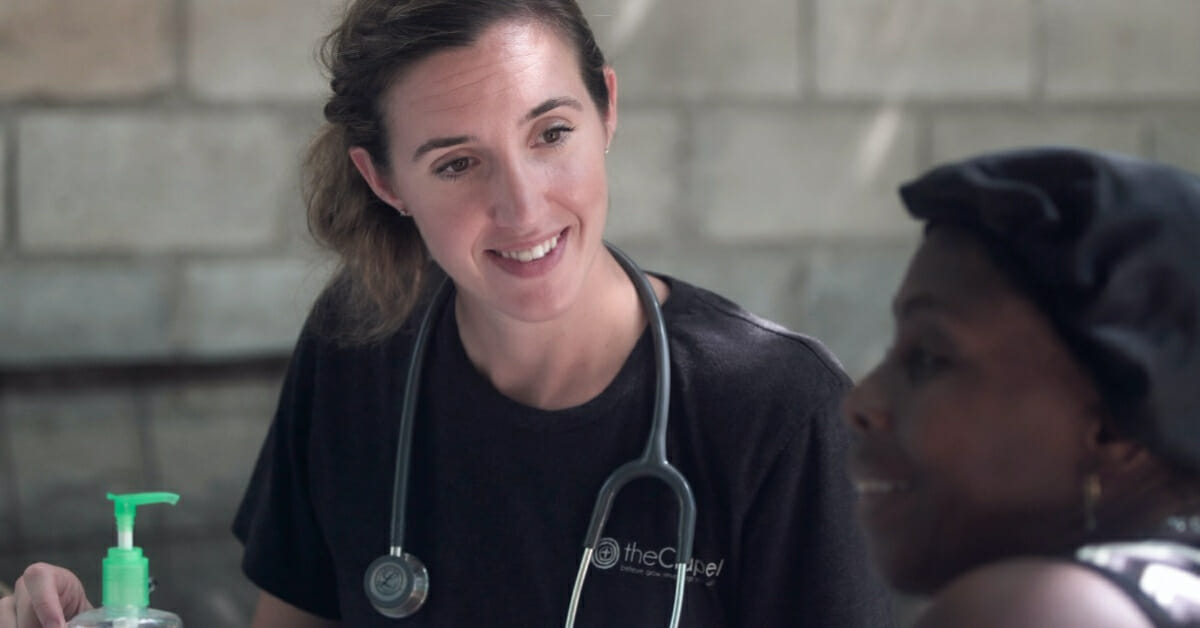The course Psychology and Sociology offers an integrated approach to understanding human behavior through both individual and social perspectives. This interdisciplinary course explores fundamental psychological concepts, including cognition, emotion, personality, and human development, alongside key sociological frameworks examining social structures, institutions, and group dynamics. Students will investigate how biological, psychological, and sociocultural factors interact to shape individual behavior while simultaneously examining how individuals collectively create and are influenced by broader social patterns and institutions. This course emphasizes the complementary nature of these disciplines in explaining the complexities of human experience.
Students will develop critical thinking skills to evaluate human behavior across multiple contexts. The course addresses contemporary issues, including mental health, social inequality, and cultural diversity on human interaction. By integrating both psychological and sociological perspectives, students will gain a comprehensive understanding of human behavior that prepares them for further study in health sciences, social work, education, or any field requiring insight into individual and collective human experience.
Learning objectives
After the completion of this course, you will be able to:
- Differentiate between the major theoretical perspectives in psychology and sociology, and apply these frameworks to analyze human behavior and social interactions.
- Explain how biological, psychological, and social factors interact to influence human development across the lifespan.
- Analyze how cognitive processes, emotions, and personality characteristics shape individual behavior and decision-making.
- Evaluate the impact of social structures, institutions, and stratification systems on group dynamics and individual opportunities.
- Examine the formation and influence of social identity, including aspects of race, ethnicity, gender, sexuality, and class, on both individual experience and group relations.
- Apply concepts of socialization, conformity, and deviance to explain how norms are established, maintained, and challenged within various social contexts.
- Analyze the social determinants of health and illness, including how social factors contribute to mental health outcomes and healthcare disparities.
- Critically evaluate research methods and findings in psychological and sociological studies, recognizing limitations and ethical considerations in studying human behavior.
- Apply sociological perspectives to analyze how culture, religion, education, and family structures influence individual beliefs and behaviors.
- Demonstrate how psychological and sociological concepts can be utilized to address contemporary social challenges and improve individual and community well-being.
Course outline
- Sensing the Environment
- Making Sense of the Environment
- Responding to the World
- Individual Influences on Behavior
- Social Processes that Influence Human Behavior
- Attitude and Behavior Change
- Self-Identity
- Social Thinking
- Social Interactions
- Understanding Social Structure
- Demographic Characteristics and Processes
- Social Inequality
